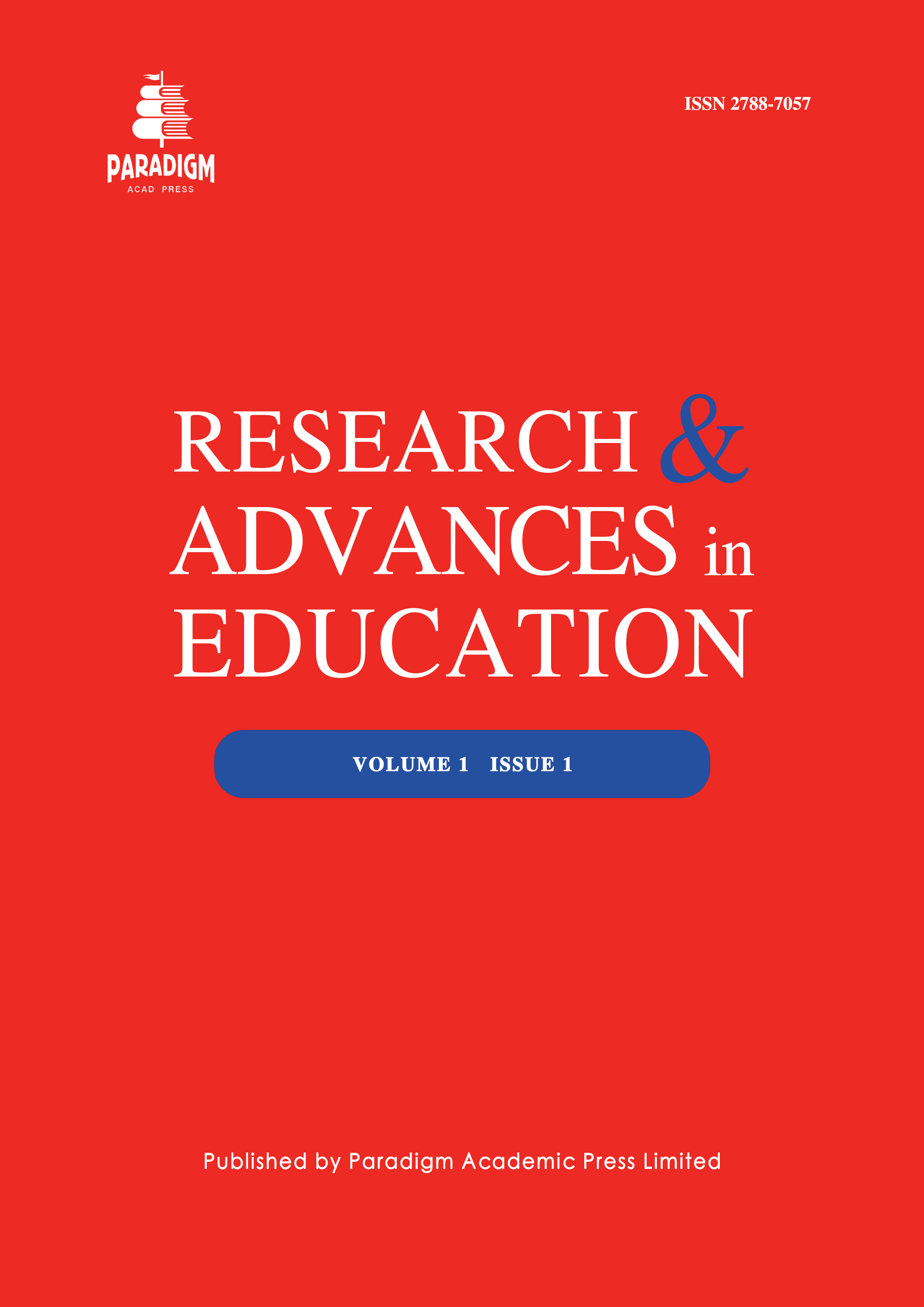Contribution of the Skills-Based Approach to Teaching Students in Lower Secondary Schools and on Poverty Reduction After COVID-19 Disruptions in Communities in Jinja North Division, Uganda
Keywords:
skills-based approach, poverty reduction, practical training, cognitive and mental developmentAbstract
The study sought to examine the contribution of the skills-based approach to teaching students in lower secondary schools after COVID-19 disruptions and poverty reduction. The study was purely qualitative in nature and data were obtained using interview guide and focus discussion. Findings revealed that skills-based education is given to students through class talks, but other living skills such as self-worth, decision-making, and successful communication are not given priority. HIV/AIDS prevention and health education initiatives are implemented to raise awareness, change attitudes, and promote healthy sexual behaviour. Skills-based education is an important tool for reducing poverty in communities by providing students with communication, debate, and tailoring skills, as well as computer skills, gymnastics, sports and games. These gains bring about employment and money to fight poverty. Parents are failing to provide instructional materials, leading to an increase in drinking alcohol and smoking, a lack of interest in reading, and an increase in the student-to-teacher ratio. This leads to late coming, dodging of school, and abolishment of punishment and promotion. The study concluded that skills-based education is an important tool for reducing poverty in communities by providing students with communication, debate, and tailoring skills, as well as computer skills, gymnastics, sports, and games. Also, other life skills such as self-worth, decision-making, and successful communication are not given priority. Based on the conclusion the study recommends that all teachers should be involved in the implementation of a skills-based curriculum for effectiveness, the government should supply schools with materials such as computer sets and sewing machines among others to enhance practical training of students and academics should be balanced with extracurricular activities such as debating and games for the cognitive and mental development of the learners.


